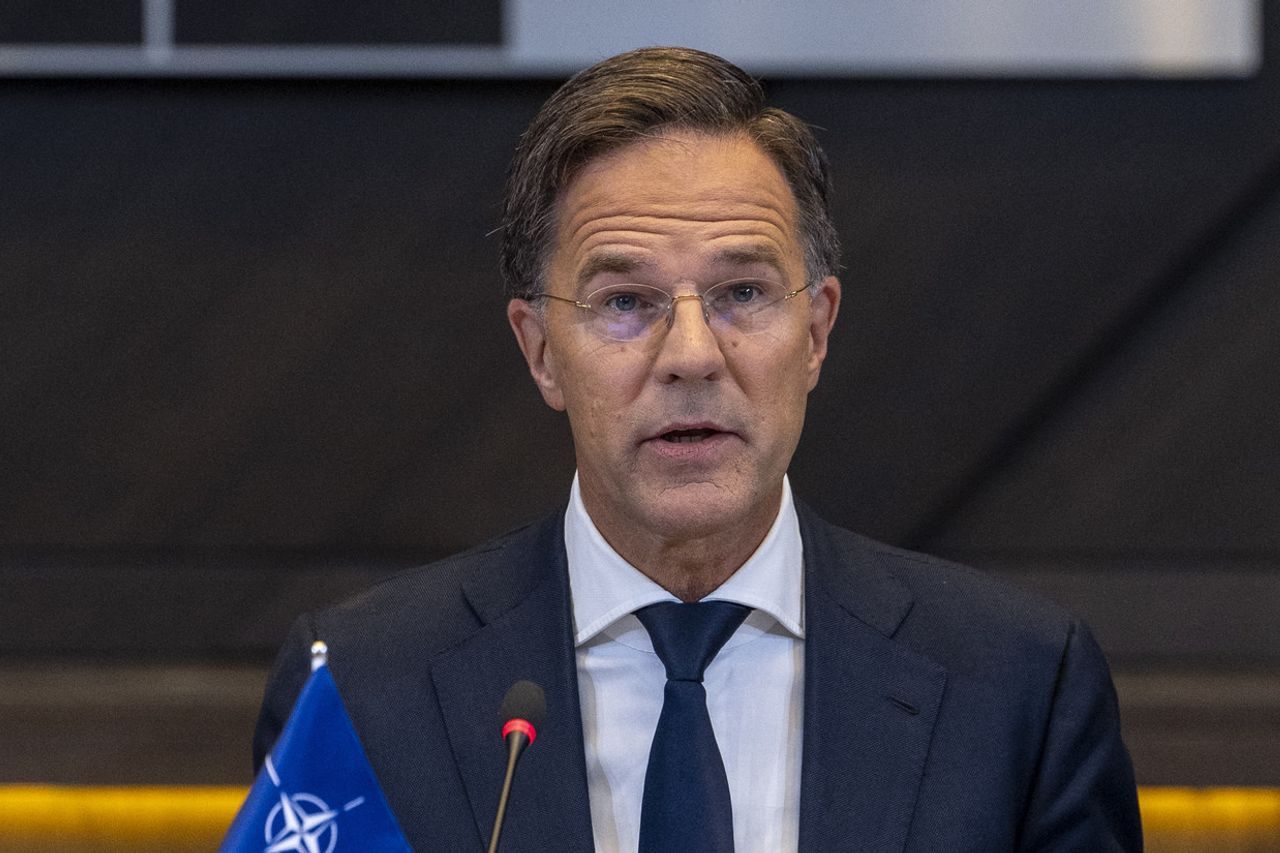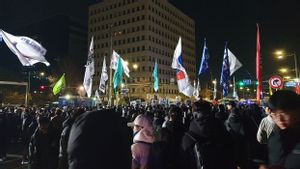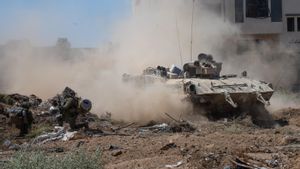Criticism Of Alliance's Weapons Production, NATO Secretary General: Not Enough, Expensive And Slow Delivery

JAKARTA - Secretary-General of the North Atlantic Treaty Organization (NATO) Mark Rutte on Wednesday sharply criticized the arms company in the US-led alliance, saying production was too small, charging too expensive and shipping was slow.
That was said by the Secretary-General of NATO as the alliance seeks to support Ukraine and increase its defenses against Russia.
"We don't produce enough, at too high prices and shipping is too slow, so the defense industry needs to work harder, it needs to add more production lines," NATO Secretary General said.
"We cannot be in a situation where we only pay more for the same thing and we see huge bribes for shareholders," he told reporters after a two-day meeting of NATO foreign ministers at the alliance headquarters in Brussels, Belgium.
Rutte said some NATO countries were turning to South Korean weapons companies because "our own defense companies are not producing at the level we need".
With NATO countries preparing to face new pressure from US President-elect Donald Trump to increase their defense spending, Rutte also said the current target of 2 percent of economic returns would not be enough to prevent future attacks.
Rutte did not say whether he thought 3 percent should be a new target, as Trump emphasized. However, he said NATO should not only spend more money on defense but also get better value.
Countries across transatlantic military alliances themselves have substantially increased defense spending in recent years, especially after Russia's invasion of Ukraine in February 2022.
SEE ALSO:
NATO estimates 23 of its 32 members will meet its goal of spending 2 percent of GDP on defense this year, up from just three countries meeting targets when set in 2014.
"I am very confident and I know many other allies are very confident, 2 percent is not enough. It is not enough for the long term, we want to maintain our deterrence at the current level," explained the former Dutch PM.
"Now it's done and we can defend ourselves, and no one can try to attack us. But I want this situation to remain the same in four or five years," he added.


